Stay Ahead in Digital Marketing with Benchmarking Metrics
Success in the busy world of digital marketing isn’t a matter of creativity or effort; it is about strategy. Think about taking a trip without a map or a plan for where you’re going. Most likely, you’ll lose your way or find yourself nowhere near where you wanted to go. Digital marketing is much the same way. You can’t reach a goal without clear direction and quantifiable steps in front of you. This is the point where the concept of benchmarking indicators intervenes, taking the role of a guiding compass for marketers.
What are benchmarking indicators in digital marketing?
Benchmark indicators are quantifiable criteria used to compare a performance metric by which the output of your digital strategy is compared or measured against benchmarks. You determine whether you should be going upwards or downward after comparing with similar benchmarks that suit your strategies through benchmark indicators when measuring your site traffic, rates of emails opens, engagements for social media handles, and possibly conversion rates for your campaign results.
But benchmarking is not just to find the position. Benchmarking means knowing how your performances are in regard to industry norms, competitors, or even your previous efforts. It’s like a progress report that shows you your strengths and where you need improvement.
Why Do Benchmarking Indicators Matter in Digital Marketing?
You are in an environment that constantly evolves, changing minute by minute in digital marketing. How do you keep up with this pace and maintain your edge? It’s almost impossible without benchmarking indicators. Here are a few key reasons why they are so important:
- They allow you to set concrete goals and help you concentrate efforts toward their accomplishment.
- They reflect how well the campaigns are running and what exactly needs improvement.
- They enable you to track performance by comparison to that of the competition.
- They allow for time-sequenced progress and hence guaranteed steady growth.
- They allow for a proper and effective time and budget usage and allocation of efforts on things that best work.
Types of Benchmarking Indicators in Digital Marketing
Website Performance Metrics : Website performance metrics deal with how well your website is operating and keeping its visitors. They include such significant indicators as source traffic, a bounce rate, and an average session duration. All these enable you to analyze where the visitors are coming from and how long they stay, meaning whether the content and design are effective.
Social Media Metrics : Social media metrics track the performance of your social media campaigns. Some of these are the engagement rate, follower growth, and reach. With these indicators, you will be able to evaluate how effective your content is for your target audience and whether you are indeed increasing your social presence.
Conversion Metrics : Conversion metrics measure how well your campaigns work in attaining the intended action. This is through conversion rates and cost per conversion. These show how effective it is to use the campaigns as means of changing visitors into leads or customers as well as at what cost.
Email Marketing Metrics : Email marketing metrics measure the performance of your email campaigns. They include open rates, click-through rates, and unsubscribe rates, among others. These metrics indicate whether your email subscribers are engaged with your email and how interesting the content of the email is to them.
Paid Advertising Metrics : These refer to how you measure paid ads on a campaign basis with channels such as Google Ads or any social media, and major factors include the CPC and CTR or ROAS as the measuring efficiency and profitability on ad spends.
Customer Retention Metrics : Customer retention metrics track the relations with your customers. The most significant indicators tracked in customer retention metrics are customer lifetime value, churn rate, and repeat purchase rate. These metrics show how effective you are at retaining and activating your customer base.
Search Engine Optimization (SEO) Metrics : SEO metrics revolve around how well your website performs in search engine rankings. Keyword rankings, organic traffic, and domain authority are the most important indicators. These help you measure the visibility of your website in search results and the strength of your overall SEO efforts.
This makes digital marketing, at its simplest level, the ability to run campaigns and get the best of what comes of them. For benchmarking, though, indicators provide the sharp clarity, concentration, and way of navigating that should enable any business within this complex, messy digital arena.
Using them to know, and ultimately make decisions that put you a head higher than where your competitors stand: tracking not just progress, but ahead-of the game. When you get back to setting marketing campaigns remember these benchmarks are numbers; in essence, the direction of a well-thought out plan leading your marketing activities into meaningful results.
Enquiry
Recent Updates
- 12 February 2025
- 12 February 2025
- 12 February 2025
- 12 February 2025
- 12 February 2025
- 12 February 2025
Recent Updates
- 12 February 2025
- 12 February 2025
- 12 February 2025
- 12 February 2025
- 12 February 2025
- 12 February 2025






